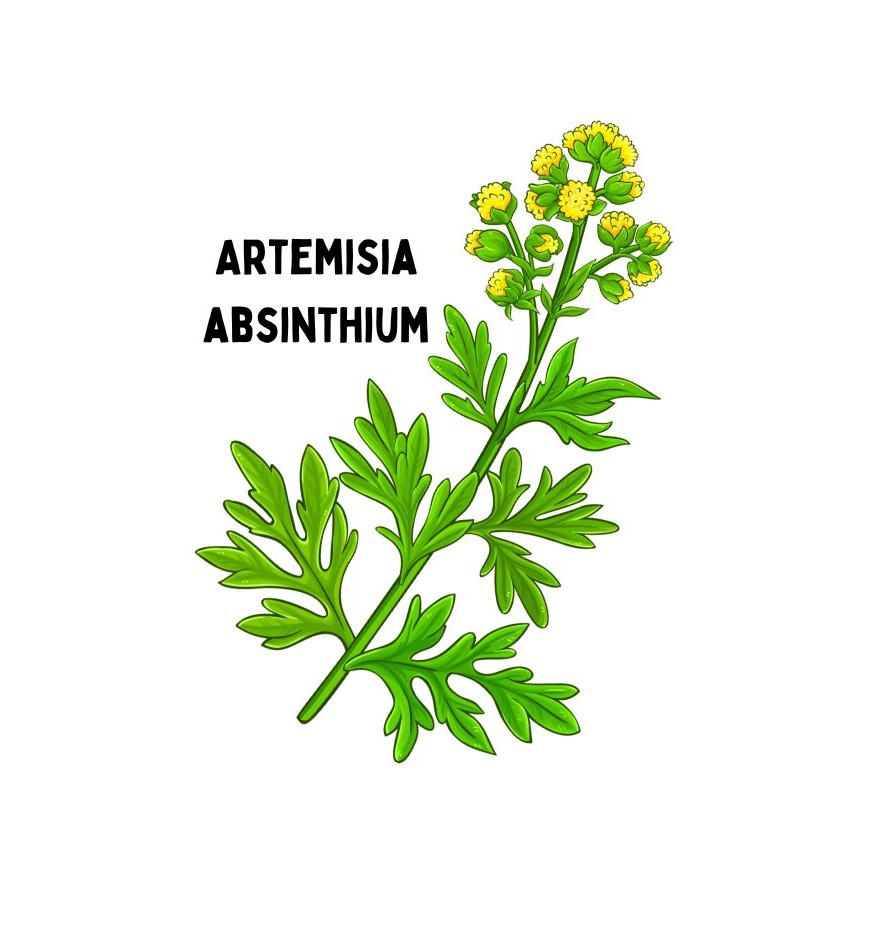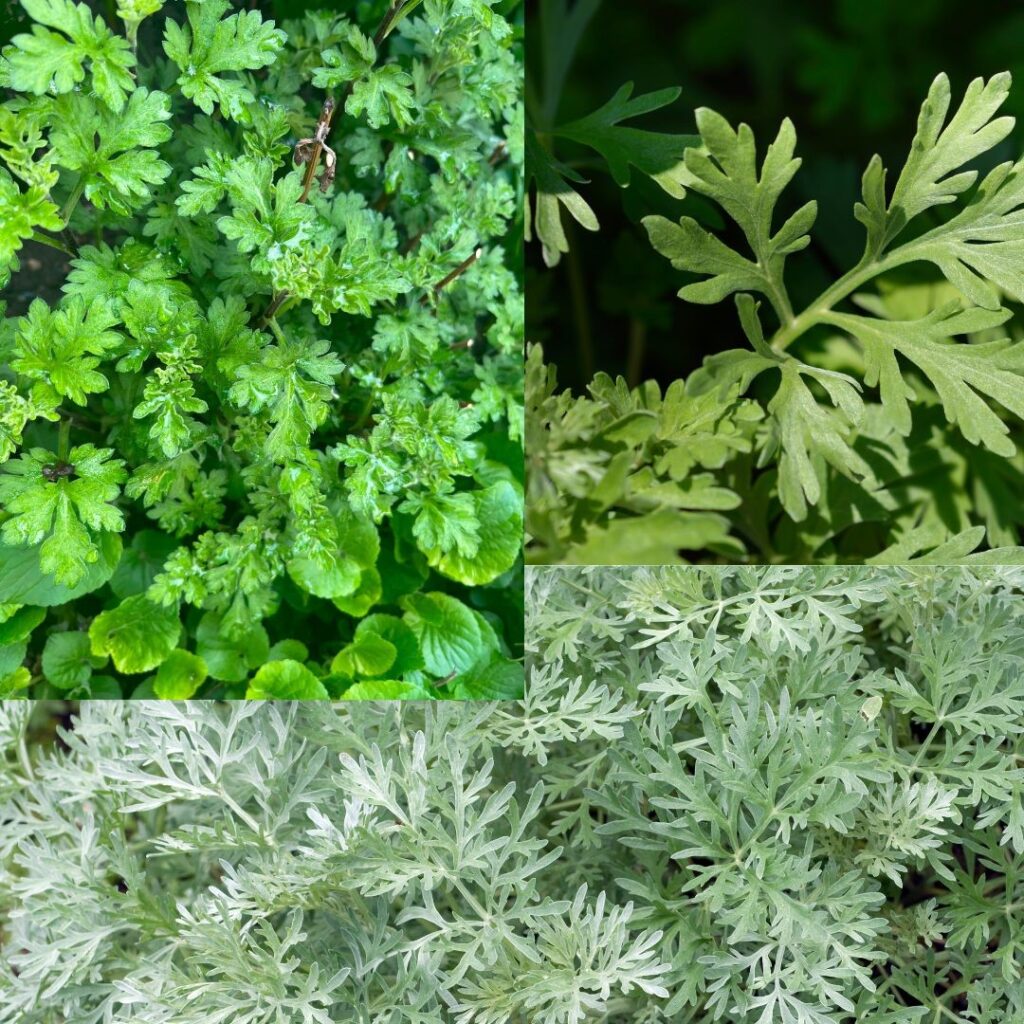
Absinthium, commonly known as Common Wormwood, is an herb recognized for inducing a distinctive pattern of epileptiform seizures.
This guide explores its effects on the mind and body, detailing symptoms, associated conditions, and potential applications.
CHEMICAL OR PHARMACOLOGICAL INFORMATION
Absinthium produces a distinct picture of epileptiform seizures, making it valuable in addressing nervous disorders.
Its impact on the nervous system can lead to symptoms like tremors, sleeplessness, and cerebral irritation.
The remedy is also linked to addressing mushroom poisoning, chorea, and spasmodic facial twitching.
HISTORICAL FACTS

Wormwood has a rich history dating back centuries.
Traditionally, it was used for various medicinal purposes, and its name is often associated with the famous alcoholic beverage, Absinthe.
However, its historical use goes beyond its recreational associations, with applications in addressing neurological and digestive issues.
KEY SYMPTOMS AND CONDITIONS
- Epileptiform Seizures
- Absinthium creates a characteristic image of epileptiform seizures.
- Nervous tremors often precede the onset of an attack.
- Mental Symptoms
- Individuals may experience sudden and severe giddiness, delirium with hallucinations, and loss of consciousness.
- Other mental manifestations include nervous excitement, sleeplessness, cerebral irritation, and spasms, particularly in hysterical and infantile cases.
- Associated Conditions
- Absinthium is indicated for poisoning by mushrooms, chorea, tremors, and cases of nervousness, excitement, and sleeplessness in children.
MIND SYMPTOMS
- Hallucinations, frightful visions, kleptomania, and loss of memory characterize the mental state.
- Individuals may exhibit a desire for solitude, forgetting recent events, and displaying a brutal disposition.
HEAD AND FACIAL SYMPTOMS
- Vertigo, a tendency to fall backward, and general confusion are notable head symptoms.
- Pupils may be dilated unequally, the face may appear blue, and spasmodic facial twitching could occur.
- Dull occipital headaches may be present.
MOUTH AND THROAT SYMPTOMS
- Symptoms in the mouth include fixed jaws, biting the tongue, trembling, a feeling of swelling, and protrusion.
- A scalded sensation in the throat, as if a lump is present, is reported.
DIGESTIVE AND URINARY SYMPTOMS
- Stomach-related symptoms involve nausea, retching, eructation, and bloating around the waist and abdomen.
- Constant desire for urine with a very strong Odor and deep yellow colour is observed.
SEXUAL AND CHEST SYMPTOMS
- Darting pain in the right ovary, spermatorrhoea with relaxed, enfeebled parts, and premature menopause are relevant sexual symptoms.
- Chest symptoms include a sensation of weight on the chest, with irregular, tumultuous heart action audible in the back.
EXTREMITIES AND GENERAL SYMPTOMS
- Pain in limbs and paralytic symptoms may be present.
- A state of unquiet, both mentally and physically, may characterize the overall condition.
RELATIONSHIP WITH OTHER SUBSTANCES
- Absinthium is often compared with Alcohol, Artemisia, Hydrocyanic acid, Cina, and Cicuta.
FREQUENTLY ASKED QUESTIONS
Q: What conditions does Absinthium address?
- Absinthium is associated with epileptiform seizures, nervous tremors, giddiness, and delirium. It is also linked to conditions like chorea, tremors, and nervousness in children.
Q: How does Absinthium affect the mind?
- It can induce hallucinations, frightful visions, kleptomania, and memory loss. Individuals may exhibit signs of nervous excitement, sleeplessness, and a desire for solitude.
Q: What physical symptoms are associated with Absinthium use?
- Physical effects include vertigo, dilated pupils, facial twitching, jaws fixed, nausea, bloating, and a scalded sensation in the throat. It may also influence urinary patterns and sexual health.
Conclusion
Absinthium, or Common Wormwood, plays a role in homeopathy with its unique impact on the nervous system.
Understanding its historical significance and pharmacological effects can provide insights into its applications in healthcare.
Remember, always consult with a healthcare professional before considering any herbal or homeopathic remedy.
